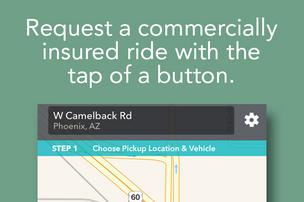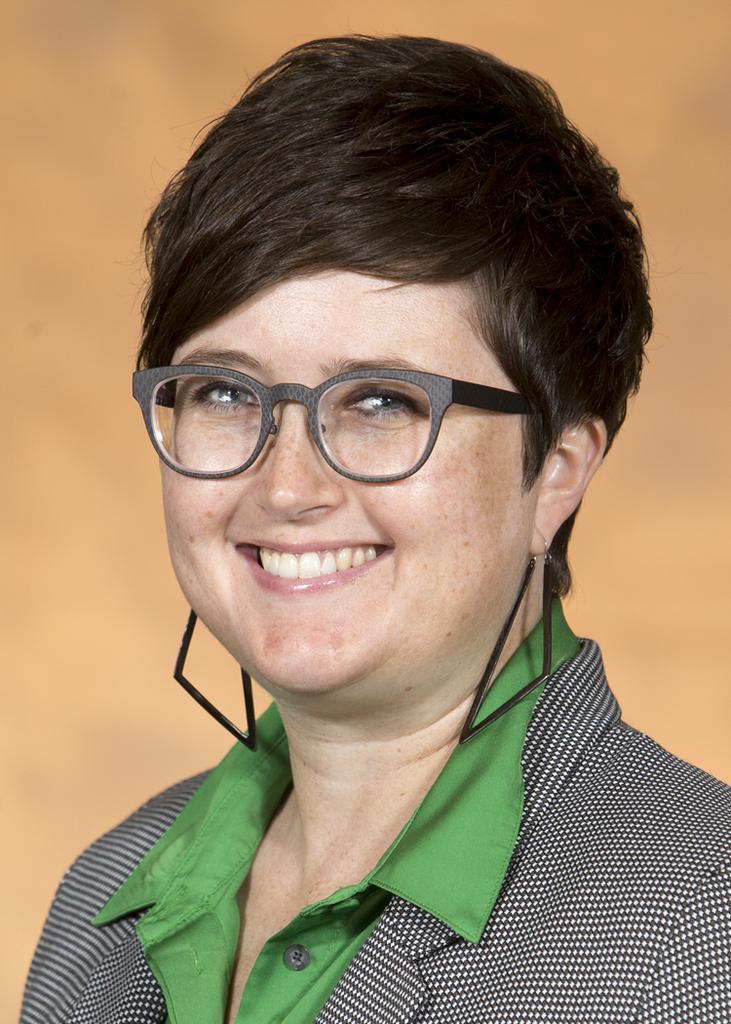Glendale-based
Total Transit Inc., the parent company of Discount Cab, is taking on ride-sharing companies
Uber and
Lyftby offering what it calls Arizona's "first and only fully-insured legal" ride share service app.
The Total Transit app allows riders to book a ride through personally owned and operated, fully commercially insured drivers who are experienced and have passed verified background checks, including drug and alcohol screenings, said
Mike Pinckard, president of Total Transit.
"We believe in the concept of a driver using his own vehicle is a powerful innovation,"
Pinckard said. "The issue is you have to do it legally."
San Francisco-based ride-sharing companies Uber and Lyft have been at odds with Total Transit and others in Arizona who claim the Silicon Valley startups do not properly insure their vehicles.
"We want to protect the public that is required by the law,"
Pinckard said. "UberX and Lyft, all we've been saying is simply insure your cars, and they've refused to do that."
However, a Lyft spokeswoman disputes the sentiment that the ride-sharing companies do not properly insure their vehicles. Lyft has a $1 million commercial liability insurance policy that is primary to a driver's personal policy, said Lyft spokeswoman
Katie Dally, adding that the policy covers drivers from the moment they are matched with a passenger on the Lyft app.
"Lyft also provides uninsured and under-insured motorist coverage to protect community members, as well as additional contingent collision and liability coverage for drivers," Dally said in an email. "Lyft's insurance goes above and beyond what is required of Arizona taxis."
As of July, Uber said it holds a commercial insurance policy with $1 million of coverage per incident.
"We look forward to working with the incoming administration to create a permanent home for Uber's innovative ride-sharing model in Arizona," said
Steve Thompson, Uber's Arizona general manager.
Total Transit developed its new app, which is available for iPhone and Android, with the help of GoFastCab, a San Diego-based software firm it acquired last year and now called 2PointB. Total Transit also operates in California, Texas and Colorado.
Total Transit's program allows drivers to use their personal vehicles to provide legal ride share services,
Pinckard added.
"It gives us the ability to have a limitless supply of vehicles available,"
Pinckard said. "It improves our service quality to passengers and is far more efficient to access unlimited number of vehicles. The concept is truly innovative, that's why we introduced our own ride-sharing model."
The cost is also 15 to 20 percent less expensive to use ride-sharing vehicles, he said.
"It costs between $5,000 to $7,000 cost per year for commercial insurance per vehicle for any for-hire vehicle," he said.
App users request a driver and choose from the available cars by seeing their real-time location. The user sees a description of the vehicle, driver name and photo, current estimated wait times and a list of prices. The customer then stores their credit card information in the system so no cash is exchanged.
The cost is typically 20 percent less than ordering a taxi cab: $2.40 base cost, $1.50 a mile, and tax is included.
Total Transit keeps 20 percent of the fare, and the driver keeps 80 percent. The driver pays a service fee while they are working to help offset the insurance cost,
Pinckard said.
The app allows customers to order a taxi cab, ride-sharing vehicle, black car, SUV or an accessible van
Total Transit is also hiring drivers for the new service. Drivers must have good driving records, can pass a background check and must go through training and demonstrate their ability to operate their vehicle safely.
Arizona is the only "truly, completely, deregulated for-hire transportation" market, which includes taxis, sedans and any for-hire transportation,
Pinckard said.
"There's no limit as to how many vehicles can be licensed, or permitted," he said. "The protections in place are very low barrier to entry."
The vehicle has to have a commercial-for-hire license plate, the operator has to show proof of commercial insurance and drivers have to meet drug testing and background checks.
Total Transit app users can receive 25 percent off their first ride by entering the promo code "Arizona."
Hayley Ringle covers technology and startups for the Phoenix Business Journal.

